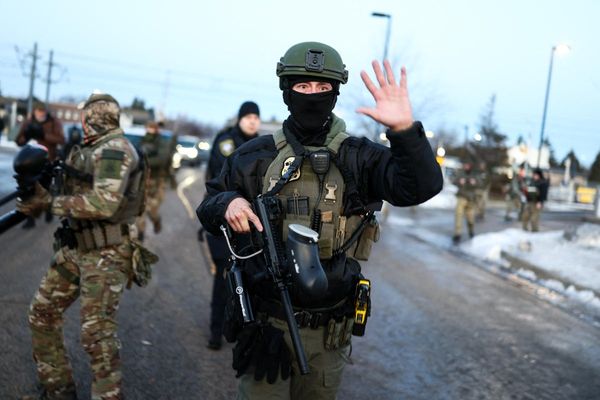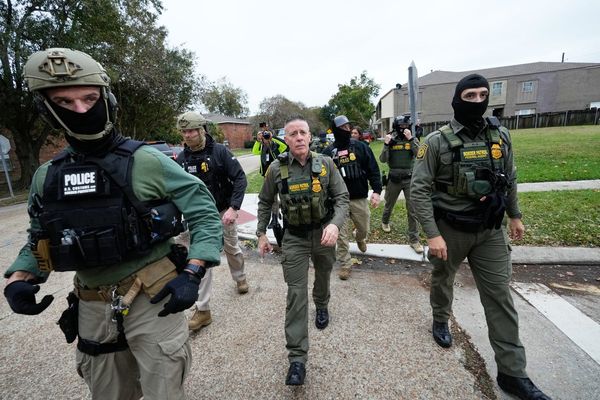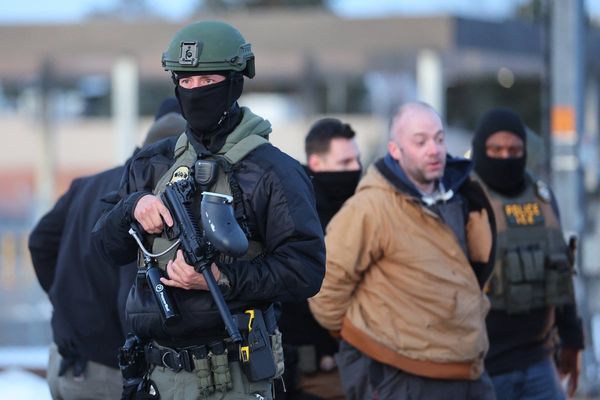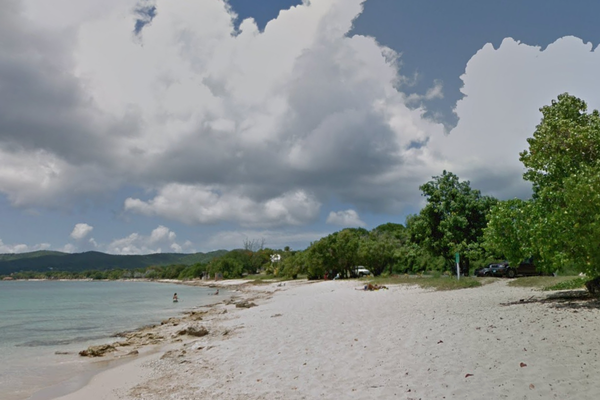
Rishi Sunak is willing to discuss corporate visas as part of a trade negotiation with India, Downing Street officials have indicated, as he flies to Delhi this weekend hoping to lay the groundwork for an agreement later this year.
Sunak lands in Delhi on Friday for the weekend’s G20 summit of world leaders, but will begin his trip with a key meeting with Narendra Modi at which officials say the two prime ministers are likely to discuss the sensitive subject of the prospective trade deal.
Their countries have been negotiating a deal for more than 18 months, and missed a deadline of last October to complete it. Sunak has ruled out finalising a quick-fix agreement ready for this weekend’s summit, but officials are increasingly confident they might be able to sign one later this year.
As Sunak looks for a breakthrough, Downing Street insisted the UK would not change its immigration policies to secure a deal. But a spokesperson added that the issue of intra-company transfers could be included.
“The only aspect of the movement of people covered by a [free trade agreement] is business mobility – that’s the temporary movement of business people for specific purposes,” the prime minister’s spokesperson said. They added: “I can’t get into more detail about what’s being discussed, but there are no plans to change our immigration policy to achieve an FTA.”
Downing Street’s language tallies with that of the Indian government.
Vikram Doraiswami, the Indian high commissioner to the UK, told Times Radio on Thursday that India was not asking for more visas, but a simplification of the application process for workers to be transferred between the two countries. “We never said that the visas [themselves] are part of our ask,” he said.
Despite insisting he will not change immigration policies to get a deal, Sunak faces potential resistance to any changes to the visa regime from his own MPs, including the home secretary, Suella Braverman.
Braverman reportedly told Sunak at this week’s cabinet she was unhappy at the idea of allowing any more immigration, given the record levels of net migration in 2022, when it reached more than 600,000. Downing Street would not comment on the cabinet discussions.
Even if the two countries do reach an agreement on visas however, there remain other areas of contention, including intellectual property protections and rules governing where goods can be manufactured to qualify for lower tariffs.
Officials say they are closer than ever to agreeing those points, but acknowledge it will take direct discussions between Sunak and Modi to clear the final hurdles.
Downing Street insists, however, that trade will not be the main subject of discussion in India. Sunak is also hoping to use the summit to push for stronger action against Russia, coordinated moves to bring down global inflation and some kind of agreement on how to regulate technologies such as artificial intelligence.
He will speak twice during the summit: once during a session focused on climate change and again during a discussion about technology and innovation.
He is also likely to have bilateral discussions with world leaders, though it remains unclear whether he will meet Li Qiang, the Chinese premier, who is attending in place of the president, Xi Jinping. Asked whether the two would have a bilateral discussion, Downing Street said: “There is no set one at this point.”
The trip marks the first time since he became prime minister that Sunak has travelled to India, the country where his grandparents and his wife were born. His wife, Akshata Murty, will also travel with him and the two are due to give prayers at the Akshardham Hindu temple in Delhi during the weekend.
Many in India are eagerly awaiting Murty’s arrival, given her status as the daughter of Narayana Murthy, the co-founder of the multinational IT services company Infosys, and one of the country’s richest tycoons.
However her presence could also be an awkward reminder of the potential conflict of interest facing Sunak as he tries to negotiate the trade deal, given Infosys could be a major beneficiary of any moves to streamline the intra-company transfer regime.
Sunak will meet a small number of Indian business leaders during his trip, but sources indicated his father-in-law would not be one of them.







